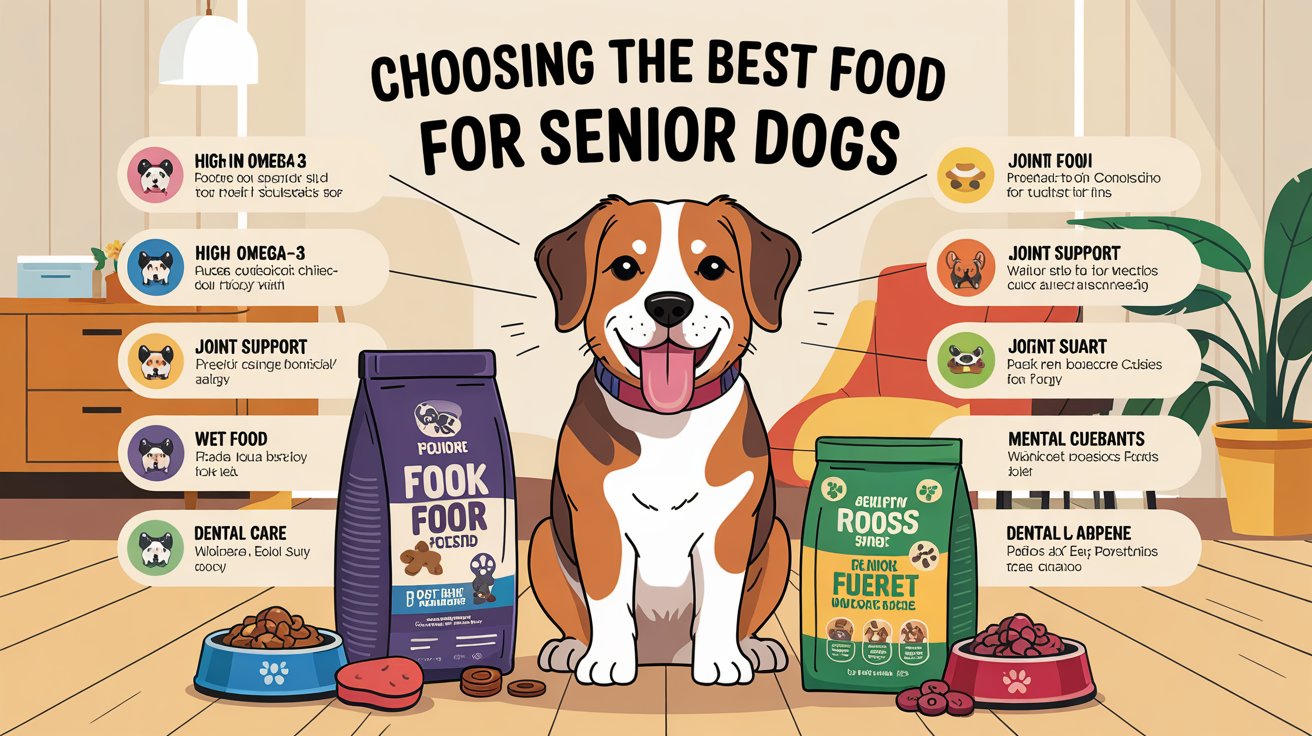Best dog food for senior dogs, as the needs of an aged dog change. They just slow down, they get so much more easily and get the new health problems. For this reason their diet must change too. Choosing the right food for an aged dog helps keep him healthy and get him to stay active.
A Dog Becomes a Senior Under What Condition

Not all dogs are growing at the same rate age wise. Seniors can be considered of 7 to 10 years in smaller breeds. Often, they reach that stage by 5 to 6 years of age. Look out for signs such as lower energy, weight changes, joint stiffness or any other broad signs of sickness. First, it is a certain sign, that it’s time to re evaluate the diet.
Know Your Dog’s Needs

Dogs of a lower age group have different nutritional needs as compared to the dogs of a higher age. They may need fewer calories. Still, they often require additional protein, fiber, and some vitamins. Many also benefit from supplements like glucosamine. All of these needs must be addressed by a good senior dog food.
Look for High-Quality Protein

Protein helps maintain muscle mass. As senior dogs age, they tend to lose muscle. Select a food that denotes real meat as the first ingredient. Chicken, beef, turkey or fish are some of the good choices. Get rid of food that contain meat by products or fillers.
Check the Fat Content

It is expected that older dogs are less active. They burn fewer calories. Weight gain is possible due to too much fat. Dog food with moderate fat content should be looked for. The crude fat content should be indicated by the labeling of the label. Most senior dogs should be able to tolerate a range of 8 to 12%.
Focus on Fiber
Fiber supports digestion. Seniors easily have upset stomachs or constipation. Fiber can be a good amount. In looking for ingredients, try brown rice, beet pulp, sweet potatoes, or oats. These are gentle and also help the gut health.
Choose Easily Digestible Ingredients

Some foods may be difficult to digest for senior dogs. Try to avoid corn, soy and other artificial additives in dog food. Instead, choose simple, natural ingredients. always try to choose grains, vegetables and lean meats.
Watch the Calories

Older dogs need fewer calories. Obesity which puts pressure on the joints can develop if there are too many of them. Pick a food marketed for senior or weight control. With these options you and your dog remain fit without hurting them.
Don’t Forget Joint Support
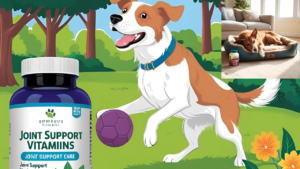
Arthritis and joint stiffness are quite common in many senior dogs. Seek out dog food with joint supportive nutrients. When strr found, common and helpful glucosamine and chondroitin are. One can also get Omega 3 fatty acids from fish oil as it reduces inflammation.
Support Brain Health

Older dogs are prone to it. And they can be confused or may be forgetting commands. Omega 3 fatty acid-DHA supports brain health. Certain senior dog foods also have the antioxidants, such as vitamin E. These protect brain cells and slow aging.
Select the Right Size and Texture of Kibble
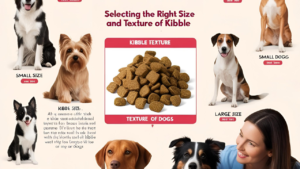
Dogs that are old may have dental problems. Sensitive teeth may be gotten by tough hard kibble. Usually, some senior formulas arrive in smaller kibble or softer textures. Wet food is also an option. You can even combine wet and dry food to determine your right mix.
Consider Special Health Conditions

It is true that some dogs have special health needs. Talk to your vet before changing food and use the provided diet as a guide. It is possible that low protein food will be needed for your dog if he has kidney disease. For those with the disease, a low carb diet may be required. The right food can solve their condition and increase their comfort.
Read the Label Carefully
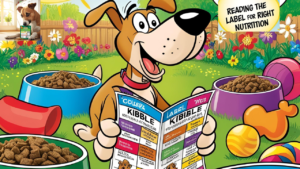
There are many dog food labels to review. Foods to buy should adhere to AAFCO (Association of American Feed Control Officials) standards. Simply means that it is complete balanced food. Look for real meat, colourful carbs and vitamins added. Vague terms such as ‘meat meal’ or ‘animal fat’ should also be avoided.
Pick a Trusted Brand
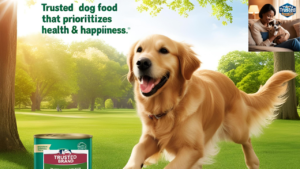
Not all brands are equal. Select a high quality and open brand. Check for those companies that test their products and using natural ingredients. Search reviews as well as find the advice of your vet. Instead avoid buying from brands that regularly have recalls or bad reputation.
Avoid Common Red Flags
Certain ingredients are toxic to your dog. Watch out for:
Artificial colors or flavors
Chemical preservatives like BHA or BHT
Sweeteners like corn syrup
Excessive salt
These can also cause health problems in the long run. Stick with simple.
Transition Slowly

Too fast switching foods can be upsetting to a dog’s stomach. Change it slowly over 7–10 days. Mix a small amount the new with the old and begin. Increase the new food, slowly, each day. Be observant of discomfort or allergy.
Monitor Your Dog’s Health

The second thing to do is watch your dog closely after changing foods. Do they have more energy? Is their coat shiny? In another sense, are they more active or comfortable? These are good signs. If you see vomiting or diarrhea, referral to your vet, or if you notice any itching.
Keep Your Vet Involved

Your vet knows your dog best. Whenever you are contemplating big diet changes, always check with them. They can recommend what is the ideal food for your dog’s age, breed and health. Issues can also be caught early time in regular checkups.
A gift that you can gift your senior dog by giving them the right food. They keep them strong and happiness and full of life. Choose high-quality ingredients. Focus on their needs. Watch how they respond. A senior dog also has the right to enjoy their golden years.
1. When should I switch my dog to senior dog food?
You should consider switching when your dog shows signs of aging, usually around 7 years for small breeds and 5-6 years for large breeds.
2. What is the best protein source for senior dogs?
Look for real meat like chicken, beef, turkey, or fish as the first ingredient in the dog food.
3. Do senior dogs need less fat in their food?
Yes, older dogs are usually less active and need food with moderate fat content to avoid weight gain.
4. Why is fiber important in senior dog food?
Fiber supports digestion and helps with common issues like constipation in older dogs.
5. Can I give wet food to my senior dog?
Yes, wet food or softened kibble is great for senior dogs with dental issues or sensitive teeth.
6. What ingredients support joint health in older dogs?
Look for foods that include glucosamine, chondroitin, and omega-3 fatty acids like DHA.
7. Is grain-free food better for senior dogs?
Not always. Whole grains like brown rice and oats are often easier to digest and provide energy.
8. How do I transition my senior dog to new food?
Do it slowly over 7–10 days, mixing the new food with the old and increasing the new amount daily.
